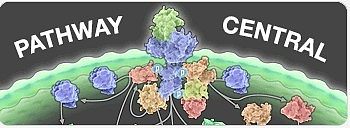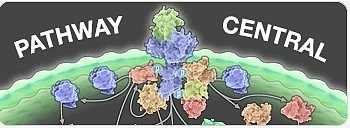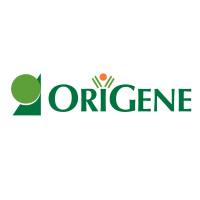Antibodies for Inflammatory Disease: Cytokines
互联网
548
Cytokines are small proteins and major mediators of local intercellular communication required for an integrated response to a variety of stimuli in immune and inflammatory responses. By binding their cognate receptors on target cells, these short-lived molecules play a role in many important biological processes, including cell proliferation, activation, death, and differentiation. During an inflammatory response many cytokines are synthesized by a wide range of cell types, including leukocytes and fibroblasts. Some cytokines are proinflammatory, such as interleukin-1 (IL-1) and tumor necrosis factor a (TNF-α); others, such as interleukin-10 (IL-10) and transforming growth factor β(TGF-β), exert predominantly anti-inflammatory effects. However, it is now understood that many cytokines, for example, interferon-γ (IFN-γ), with chiefly proinflammatory activity, can also in some instances have anti-inflammatory properties. Similarly, cytokines with predominantly anti-inflammatory activity, such as IL-10 and TGF-β may also exhibit proinflammatory properties and therefore have pathogenic potential. Paracrine or autocrine pathways involving cytokines with either pro- or anti-inflammatory activity can lead to reverberating networks determining whether chronic inflammation results.









